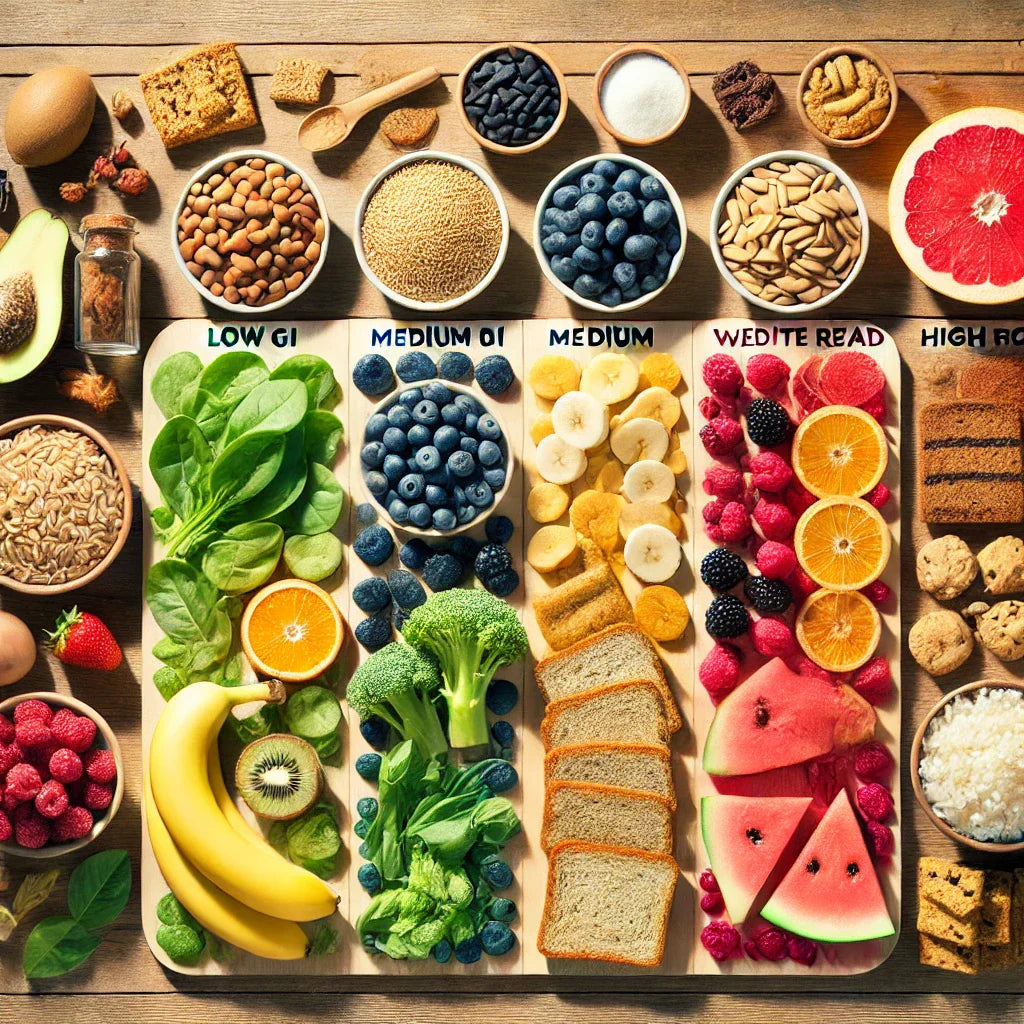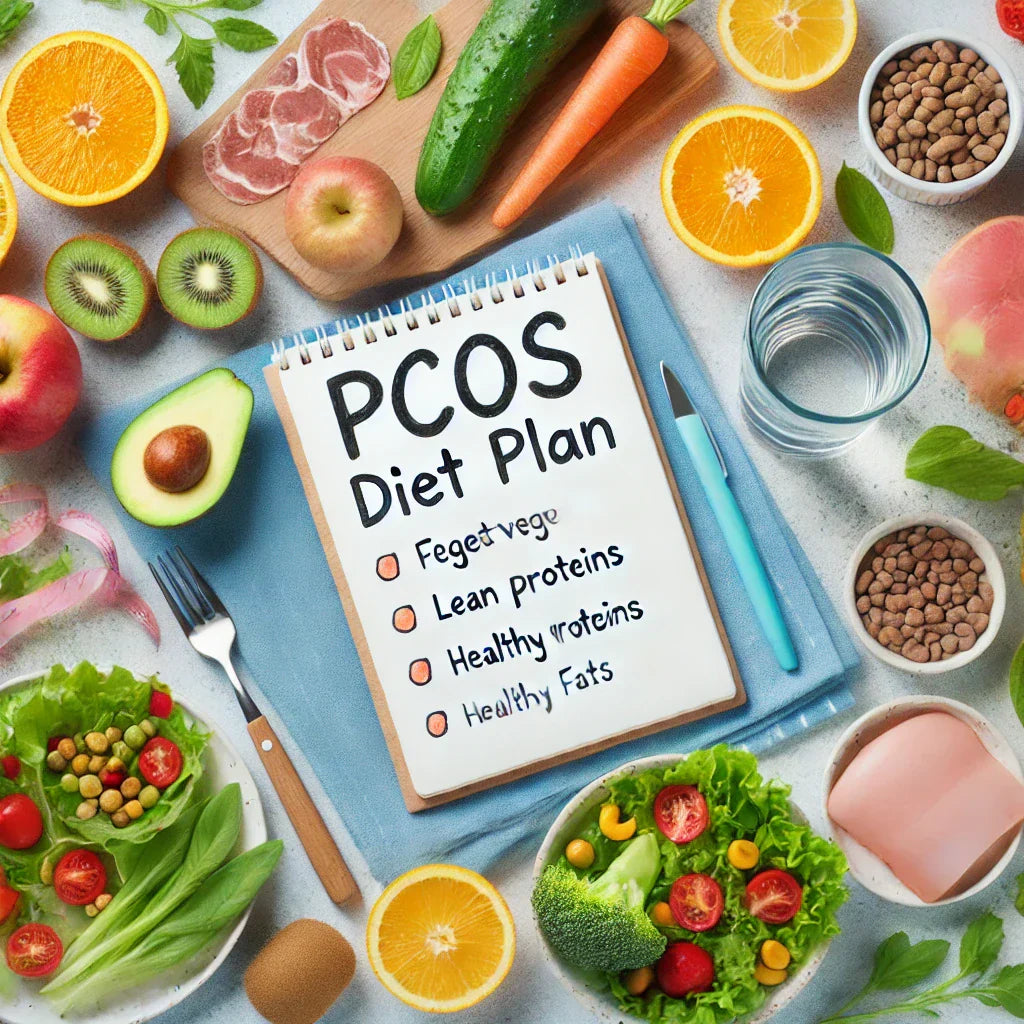News — low GI foods
Glycemic Index Chart for Blood Sugar Control
balanced blood sugar best foods for insulin resistance blood sugar stability blood sugar supplements diabetes diet tips fiber and glucose GI and hormones GI vs GL glycemic index chart glycemic index for weight loss glycemic load chart healthy carbs high vs low GI foods how to use GI chart LongLifeNutri blood sugar support low GI foods low GI snacks low glycemic recipes meal planning for diabetes stable energy foods
When it comes to managing blood sugar levels, weight, and energy throughout the day, not all carbs are created equal. Some foods cause rapid spikes in glucose, followed by crashes that leave you sluggish and hungry. Others provide a slow, steady release of energy that keeps your metabolism balanced and your mood stable. The difference? The glycemic index.
The glycemic index (GI) is a powerful tool that ranks foods based on how quickly they raise blood sugar levels. Understanding this chart—and how to use it—can help you make smarter food choices, especially if you're managing diabetes, insulin resistance, or simply looking to maintain steady energy and curb cravings. Let’s dive into the GI chart and explore how it can transform your plate and your health.
PCOS Diet: A Personalized Approach to Nutrition for Managing Symptoms
anti-inflammatory foods fiber for PCOS glycemic index healthy eating hormone balance insulin resistance low-GI foods managing PCOS meal timing for PCOS omega-3 fatty acids PCOS and blood sugar PCOS and hydration PCOS and weight management PCOS diet PCOS natural remedies PCOS nutrition PCOS symptoms personalized PCOS diet portion control supplements for PCOS
Polycystic ovary syndrome (PCOS) is a common hormonal disorder that affects millions of women worldwide. Characterized by irregular menstrual cycles, ovarian cysts, insulin resistance, and excessive androgen levels, PCOS can lead to a range of health issues, including infertility, weight gain, and metabolic complications. While there is no definitive cure for PCOS, adopting a personalized diet can help manage its symptoms and improve overall well-being.
Nutrition plays a pivotal role in balancing hormones, improving insulin sensitivity, and reducing inflammation, all of which are critical for managing PCOS effectively. A well-structured, individualized diet that focuses on nutrient-dense foods and eliminates processed sugars can significantly alleviate symptoms and enhance fertility. This article delves into the essentials of a PCOS diet, highlighting key foods, macronutrient balance, and lifestyle adjustments to create a sustainable, symptom-managing eating plan.


